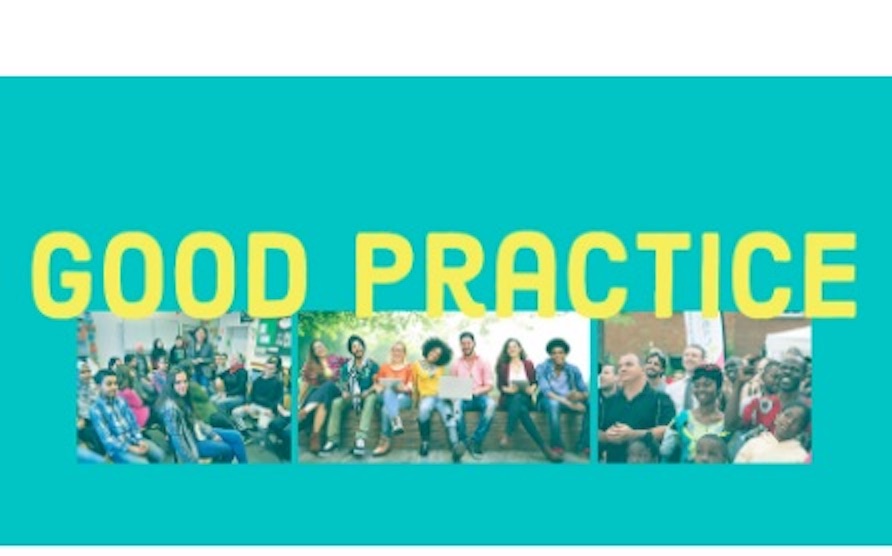.. DEMOCRATIC PARTICIPATION ..
A report from the Council of Europe
The Intercultural city aims at building its policies and identity on the explicit acknowledgement that diversity can be a resource for the development of the society.

The first step is the adoption (and implementation) of strategies that facilitate positive intercultural encounters and exchanges, and promote equal and active participation of residents and communities in the development of the city, thus responding to the needs of a diverse population. The Intercultural integration policy model is based on extensive research evidence, on a range of international legal instruments, and on the collective input of the cities member of the Intercultural Cities programme that share their good practice examples on how to better manage diversity, address possible conflicts, and benefit from the diversity advantage.
This section offers examples of intercultural approaches that facilitate the development and implementation of intercultural strategies.
(report continued in right column)
How can culture of peace be developed at the municipal level?
How can different faiths work together for understanding and harmony?
(report continued from left column)
The city of Sabadell [Spain] has a municipal mediation system which deals with all kind of conflicts and situations, including intercultural mediation. Intercultural mediation and dynamization is provided by two professionals from the Council: one profile works with Maghrebian people and the other with Sub-Saharan people. The service is offered to professionals from the different municipal services (social services, education, economic promotion, housing, etc.) as well as to supra-municipal institutions (hospital, ambulatories, etc.) and to entities and associations that require it. In addition, mediators provide accompaniment whenever necessary, to various external services (social security, tax, courts, etc.).
Regarding Interreligious Dialogue, there is a specialised person at the Department of Civil Rights and Gender who offers support to the activities implemented by the different confessions, provides advice on the establishments of new worship centres and deals with the administration (other departments) especially in topics related with activity licenses or building new centres. This person also coordinates the Table of Religious Beliefs, a space for debate, which reflects and seeks consensus in the areas of management of religious diversity in the city, participates in the updating of the Map of Beliefs (see Good Practice), and year after year collaborates in the organisation of the Open Day for Worship Centres (see Good Practice). The table is a space for debate, reflection and consensus of all areas of management of religious diversity in the city.
In addition, the map of the diversity of beliefs of Sabadell takes stock of all the communities, representatives of spiritual, religious or non-religious traditions, humanistic, present in the city, with information such as where their places of worship are, when they meet, how to contact, with whom you can talk, etc. Religions and humanistic currents, the common heritage of all citizens, have community and spiritual resources that, if properly managed, can contribute very positively to the achievement of a culture of peace and a more just society. The map is a tool to make them closer to each other and to encourage them to set up common projects. Everyone wins. Through this interactive map, a journey can be made through the cultural and religious diversity of the city.
Finally, the Open day for worship centres celebrated its 10th edition. The programme offers different activities to promote knowledge of religious diversity and freedom of conscience, combating mistrust, favoring coexistence and posing in common the values on which these beliefs are based. The central activity consists of a guided tour and open doors to various worship centres in Sabadell.